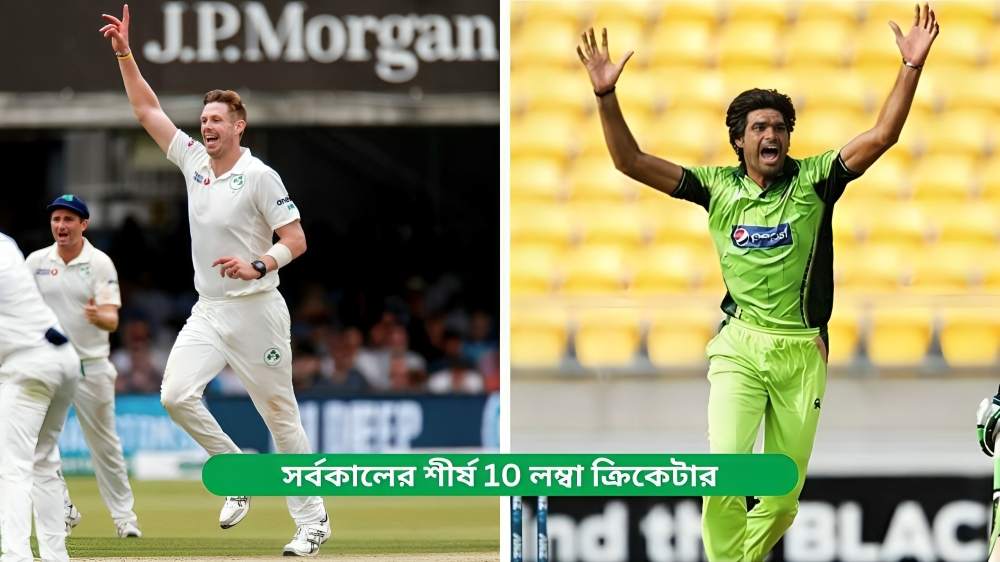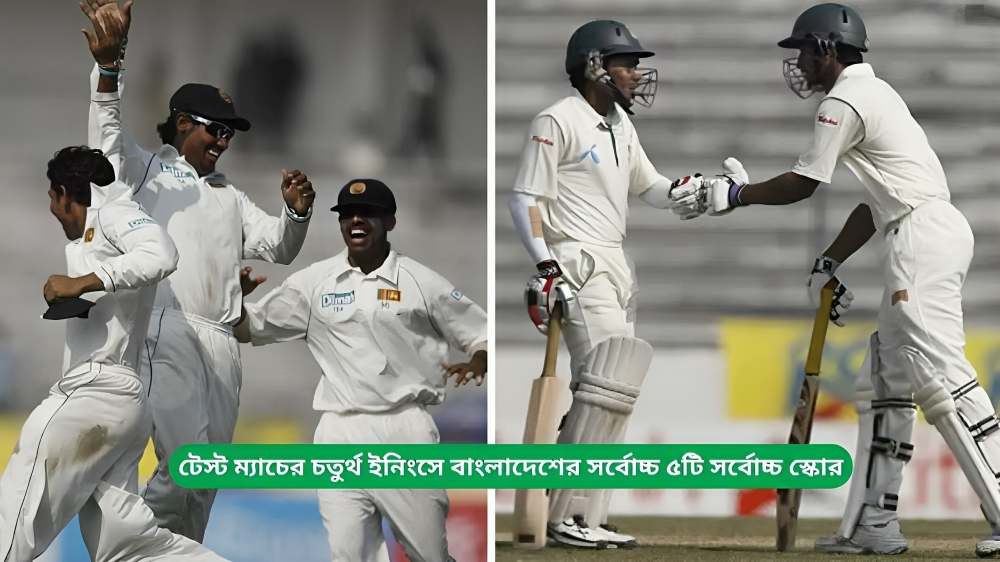England’s love for cricket is unmatched, with fans filling stadiums despite smaller capacities than Australia or India. Known for an electric atmosphere, England’s stadiums offer a unique experience. Let’s explore some of the biggest cricket stadiums in England, ranked by seating capacity.
5) Headingley Cricket Ground – 18,350 Capacity
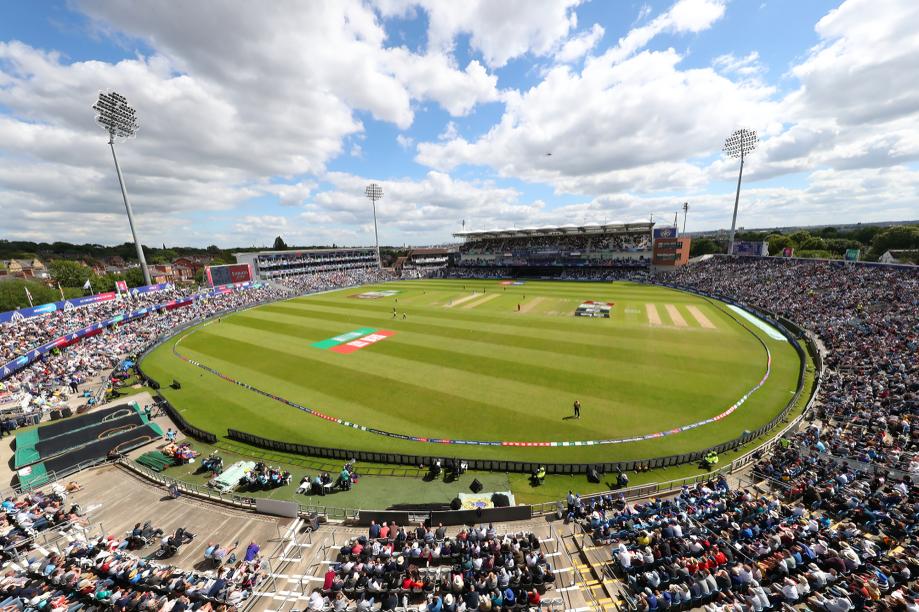
Headingley Cricket Ground, located in Leeds, is famous for Ben Stokes’ unforgettable 135* innings against Australia in 2019. Known as the 5th largest cricket ground in England, Headingley was established in 1890 under Yorkshire Cricket Club’s ownership and holds 18,350 fans. Its pitch generally favors batters as the game progresses, though bowlers may dominate in the first 15-20 overs with early swing.
4) Edgbaston Cricket Ground – 25,000 Capacity
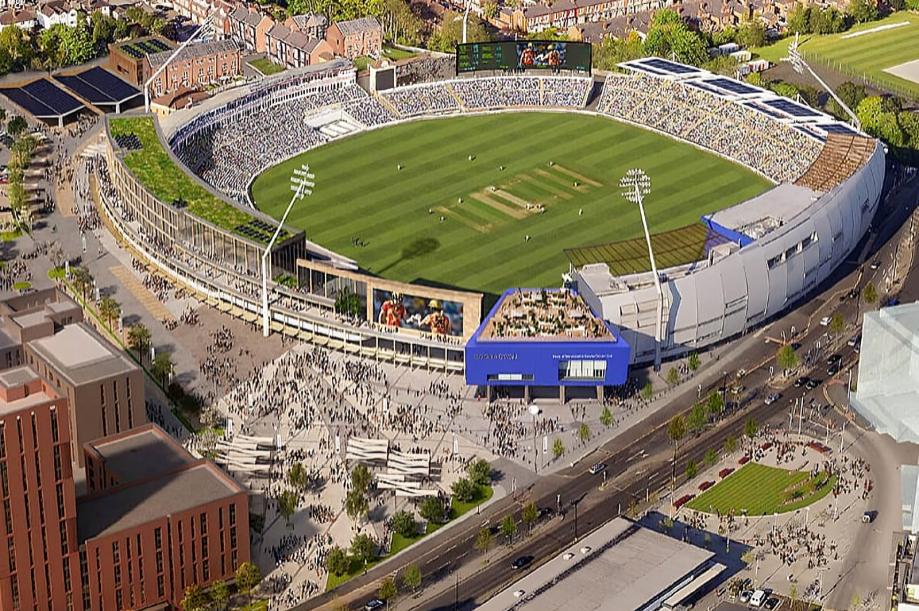
Edgbaston Cricket Ground in Birmingham, where Australian star Steve Smith made his comeback with consecutive centuries after the sandpaper incident, is England’s 4th largest cricket stadium, seating 25,000 fans. Established in 1882, it’s also where Brian Lara scored his record-breaking 501 runs for Warwickshire. Known for favoring seam bowlers, Edgbaston challenges batters to work hard for runs. During the 2015 Ashes, the support for England was so phenomenal that Alastair Cook called it the best crowd he’d ever experienced.
3) Old Trafford – 26,000 Capacity
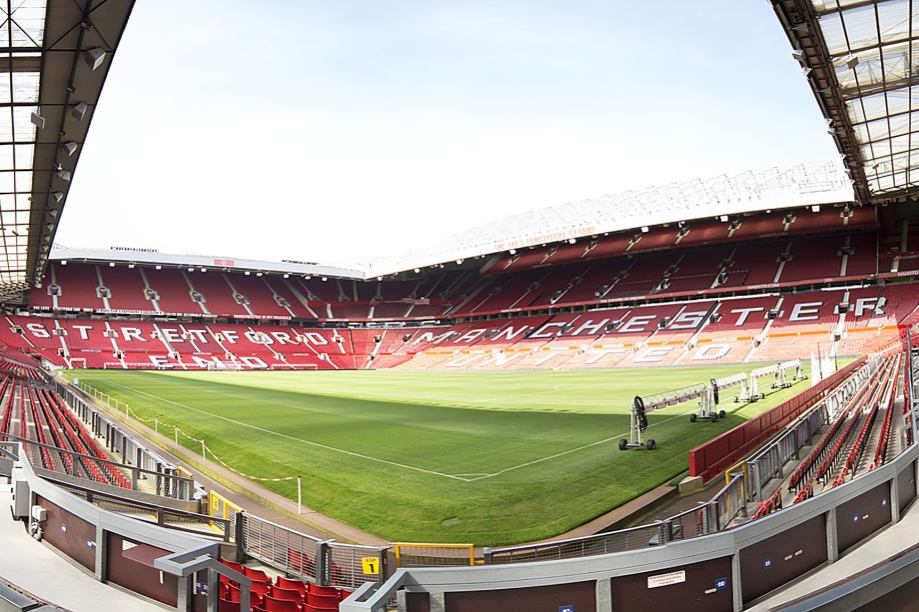
Old Trafford Cricket Ground, known as Emirates Old Trafford since its 2013 sponsorship, is the third-largest cricket stadium in England, seating 26,000 fans. Located in Greater Manchester, it was established in 1857 and serves as the home ground for Manchester Cricket Club. Having hosted the Cricket World Cup in 1975, 1979, 1983, and 1999, it’s one of England’s most significant venues. Besides cricket, Old Trafford is also a popular location for music events.
2) Oval Cricket Ground – 27,500 Capacity
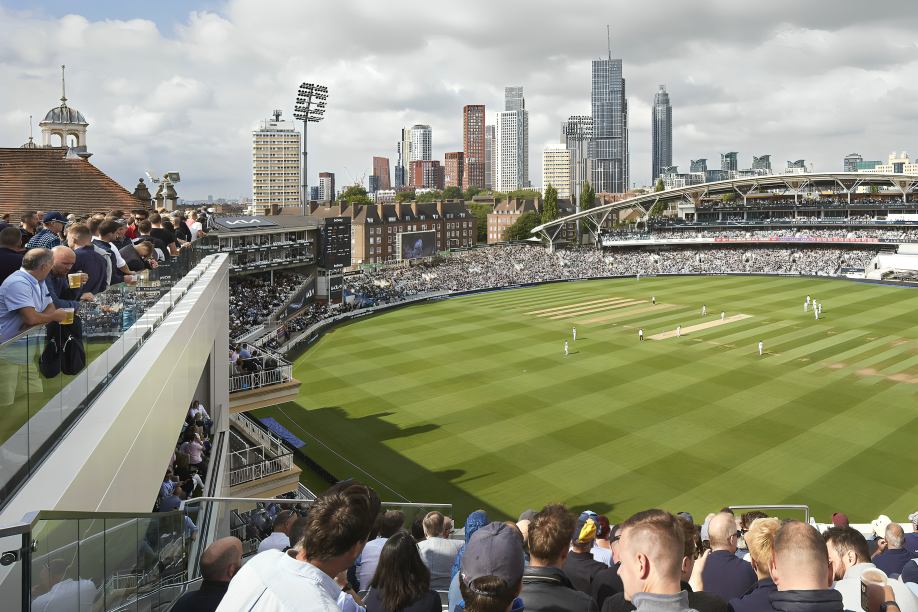
Located in Kennington, London, the Oval Cricket Ground, now called the “Kia Oval” due to a sponsorship deal, holds a special place for Indian fans following India’s 157-run win over England in the 2022 Test series. Established in 1845 with a seating capacity of 27,500, it ranks as England’s second-largest cricket stadium.
Built as a multi-sport venue for football, rugby, and cricket, the ground has two popular ends: the Vauxhall End, close to Vauxhall railway station, and the Pavilion End. True to English conditions, the Oval offers favorable swing for bowlers, adding to its unique charm.
1) Lords Cricket Ground – 31,000 Capacity
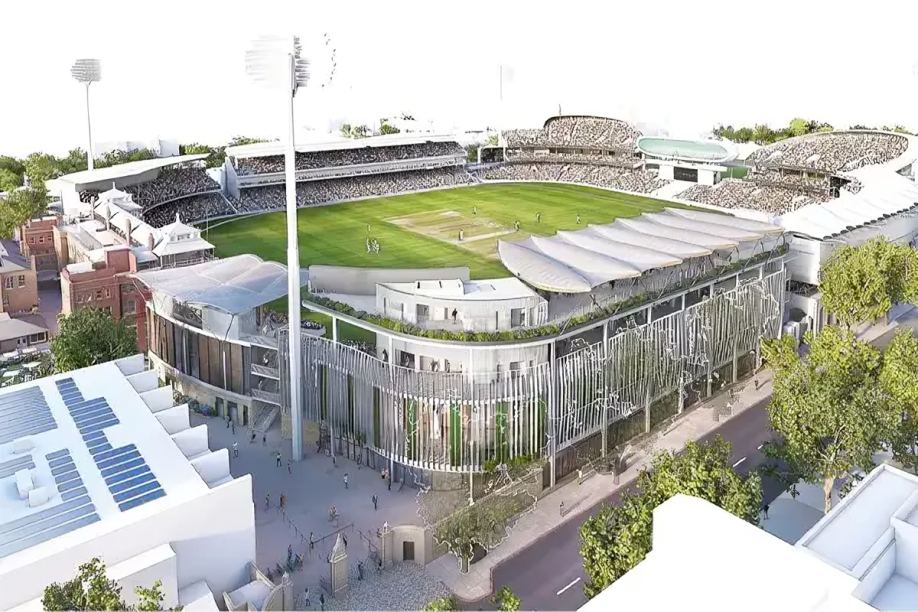
The iconic Lord’s Cricket Ground, known as the “Home of Cricket,” stands as one of the world’s most renowned cricket venues. Built in 1814 by Thomas Lord in London, it’s also the oldest sporting museum, rich with over two centuries of history. With a seating capacity of 31,000, it’s the largest cricket stadium in England.
Lord’s has witnessed countless historic moments, from the dramatic 2019 World Cup final between England and New Zealand to Sourav Ganguly’s memorable shirtless celebration in the 2002 NatWest series. This legendary ground holds an irreplaceable place in cricket fans’ hearts worldwide.
| Stadium | Location | Established | Seating Capacity | Notable Moments | Pitch Characteristics |
|---|---|---|---|---|---|
| Headingley Cricket Ground | Leeds | 1890 | 18,350 | Ben Stokes’ 135* against Australia (2019) | Swing for bowlers in early overs; becomes batter-friendly later |
| Edgbaston Cricket Ground | Birmingham | 1882 | 25,000 | Steve Smith’s comeback with consecutive centuries; Brian Lara’s record-breaking 501 | Favors seam bowlers; challenging for batters |
| Old Trafford | Greater Manchester | 1857 | 26,000 | Host of Cricket World Cups (1975, 1979, 1983, 1999) | Mixed use for cricket and music events |
| Oval Cricket Ground | Kennington, London | 1845 | 27,500 | India’s 157-run victory over England (2022); famous for its Vauxhall and Pavilion ends | Swing-friendly conditions |
| Lord’s Cricket Ground | London | 1814 | 31,000 | Host of 2019 World Cup final; Sourav Ganguly’s shirtless celebration (2002 NatWest series) | Iconic venue, regarded as the “Home of Cricket” |




